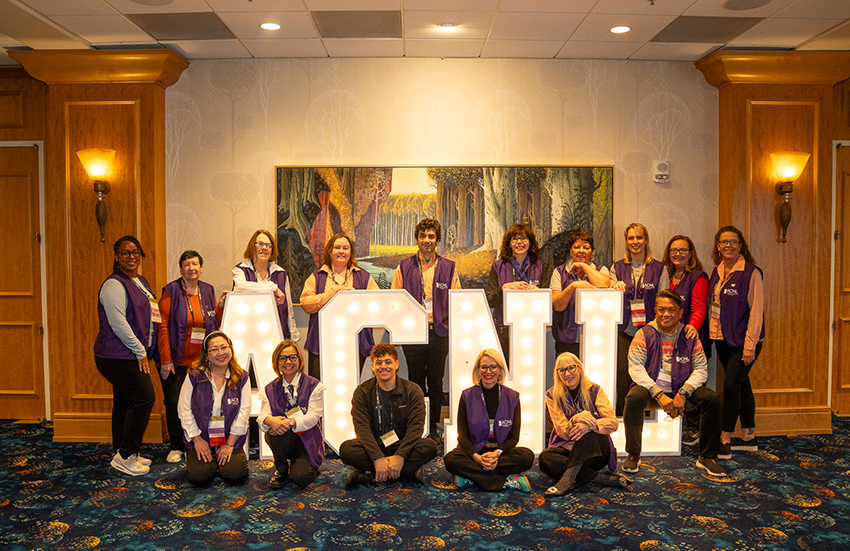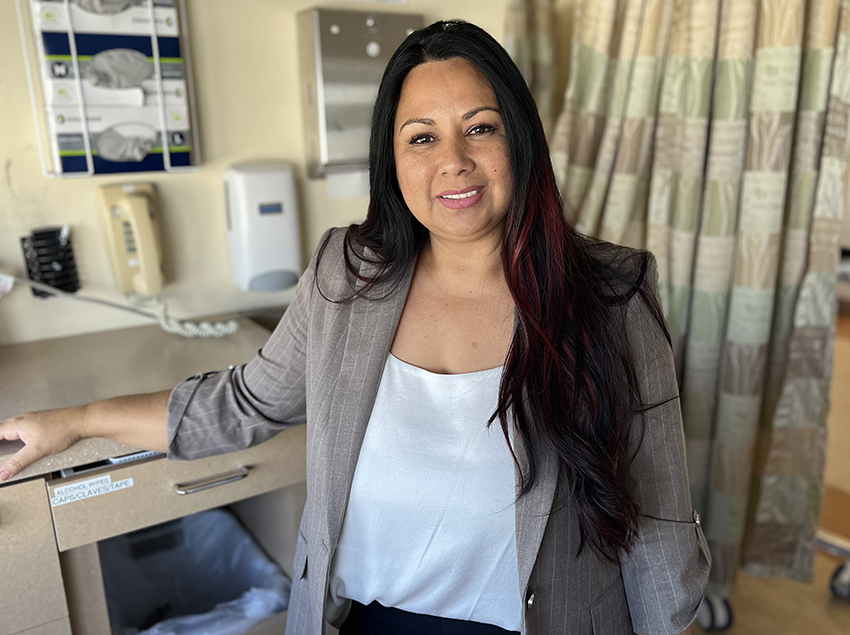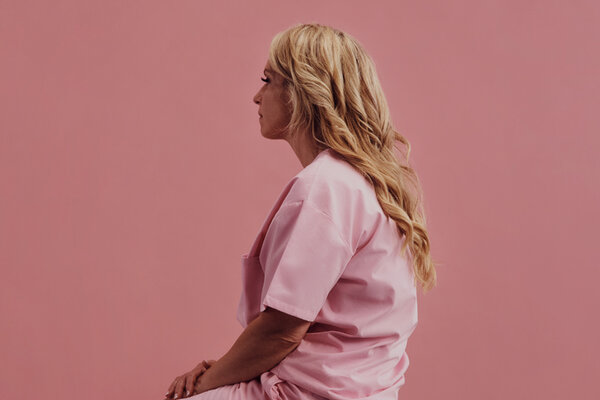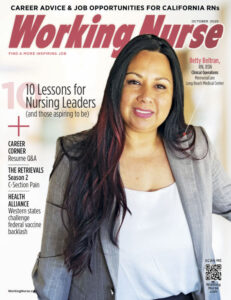Profiles In Nursing
Rep. Lois Capps, RN, BSN, M.A.
From bedside to divinity school to the House of Representatives
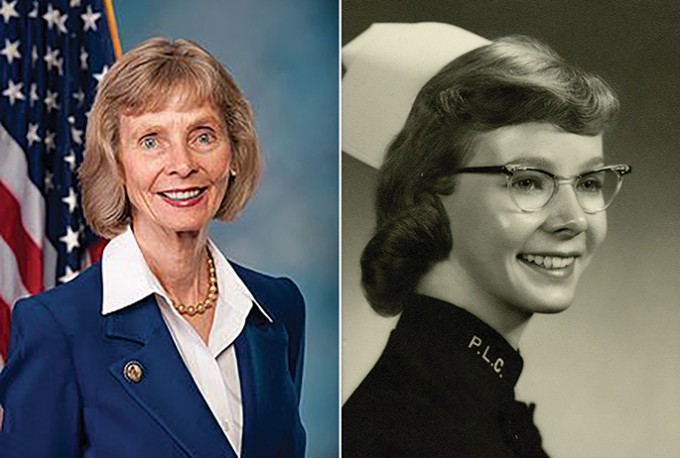
Many nurses take an interest in public policy, but only a handful have actually run for office. One of those illustrious few is Lois Capps, RN, BSN, M.A., who recently retired after 20 years in the U.S. House of Representatives.
Mrs. Capps Goes to Washington
The daughter of a Lutheran minister from rural Wisconsin, Lois Grimsrud completed her BSN at Pacific Lutheran University in Tacoma, Wash., graduating in 1959. She then went on to divinity school, earning her M.A. in religion from Yale University, where she also met and married fellow grad student Walter Capps.
In 1964, the Capps moved to Santa Barbara, where Walter became a professor of religious studies at UCSB. Lois resumed her nursing career as a nurse and public health advocate for the Santa Barbara Unified School District and the director of the county’s Teenage Pregnancy and Parenting Project. She later earned a second master’s degree, in education, from UCSB and taught early childhood education at Santa Barbara City College.
In 1996, Walter Capps successfully ran for Congress, becoming the Democratic representative for what was then California’s 22nd Congressional District, encompassing Santa Barbara, San Luis Obispo and parts of Ventura County. (It’s now the 24th District.) When Walter died of a sudden heart attack less than a year later, Lois decided to run for his now-vacant seat.
Although she had no legislative experience, Capps had been what the Santa Barbara Independent later called “the emotional center and logistical core” of her husband’s campaign. That same combination of pragmatism, integrity and near-legendary niceness carried her to victory in the 1997 special election that followed her husband’s death.


